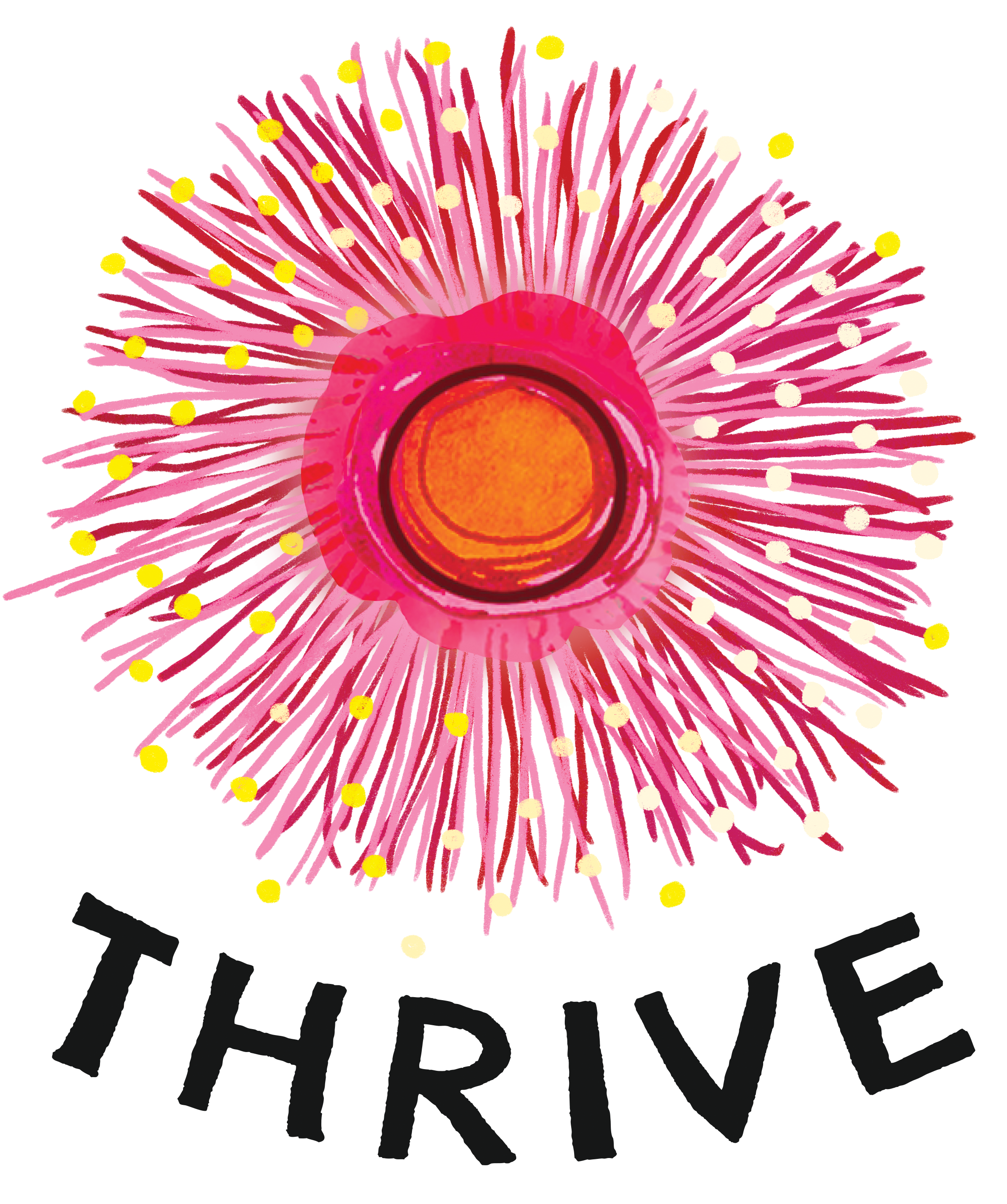THRIVE: Finishing School Well
 | THRIVE: Finishing School Well |
|---|---|
Defining the success of secondary schooling is a complex challenge for researchers, education providers, policymakers, and governments. Traditionally, success has been operationalised using outcomes measures that index either some metric of academic achievement or attainment, performance against school policy/administrative outcomes, or longer-term education or employment measures. Whilst these factors are undoubtedly important outcomes of secondary schooling, other under-measured or less salient outcomes may be of equal importance, particularly when considering the viewpoints of students themselves. The THRIVE study is a 3.5-year research project that aims to determine how differently positioned young people define schooling success and the barriers and facilitators that impact success at the community, school, family, and individual levels. Stage 1 of the THRIVE study involved reviews of the literature and stakeholder consultations with peak bodies and youth advisory groups to identify markers of success, barriers, and facilitators. Thematic analysis was used to map the range of educational outcomes identified by research and young people. Thematic analysis identified several constructs that encapsulate definitions of schooling success. These constructs informed a measurement framework for the development of a large-scale survey to examine the factors contributing to schooling success. An overview of the THRIVE survey design methods and our map of educational outcomes will be presented and discussed in line with current Australian educational policy and research on the social determinants of educational outcomes. |
